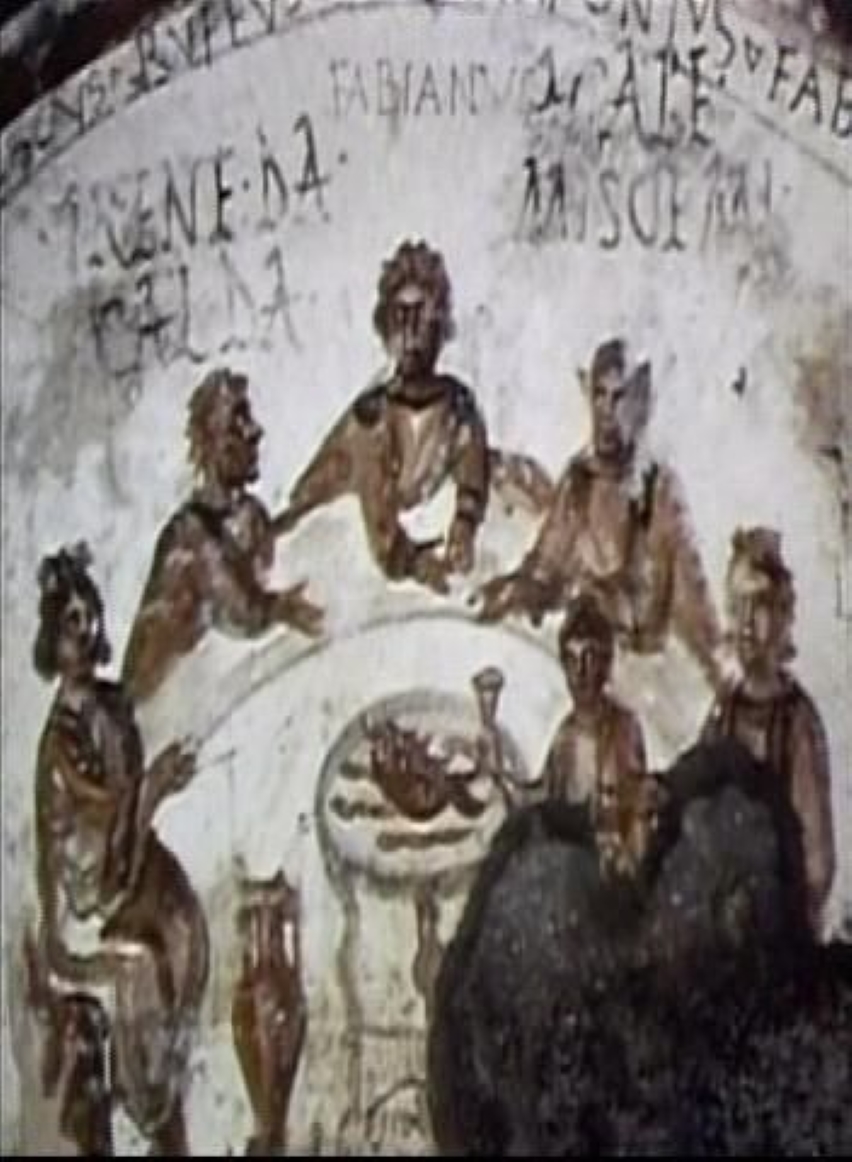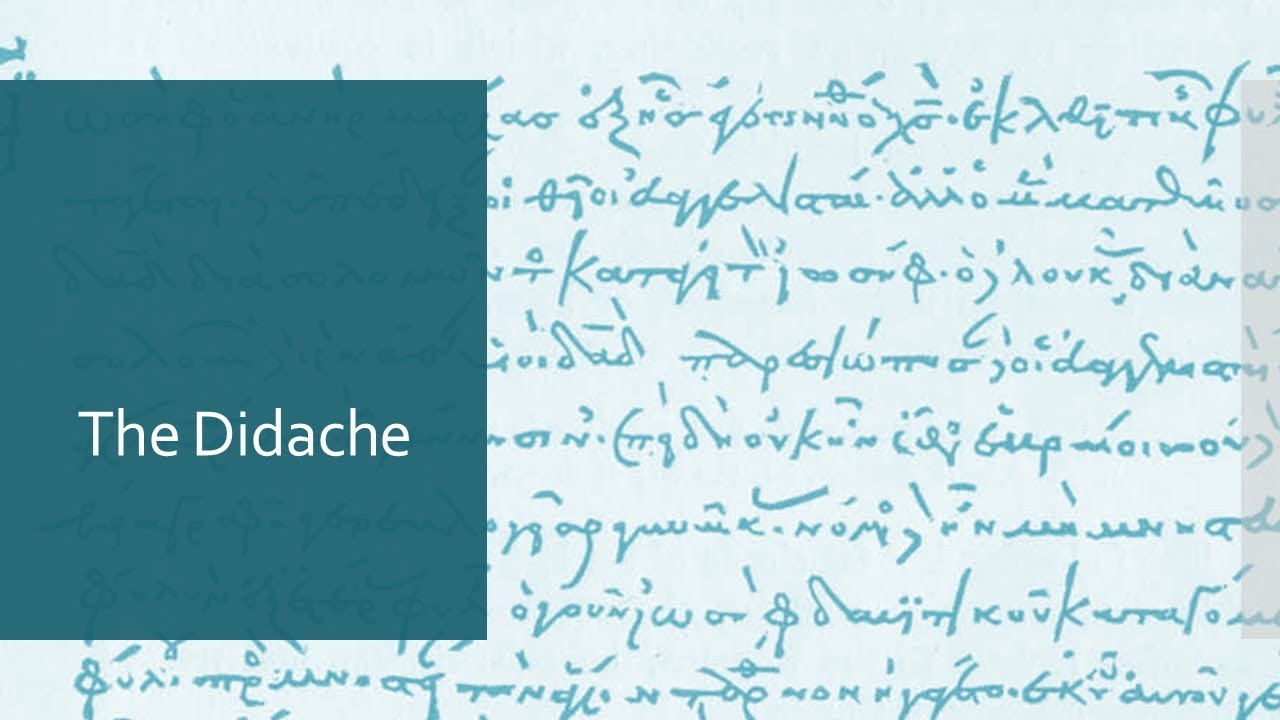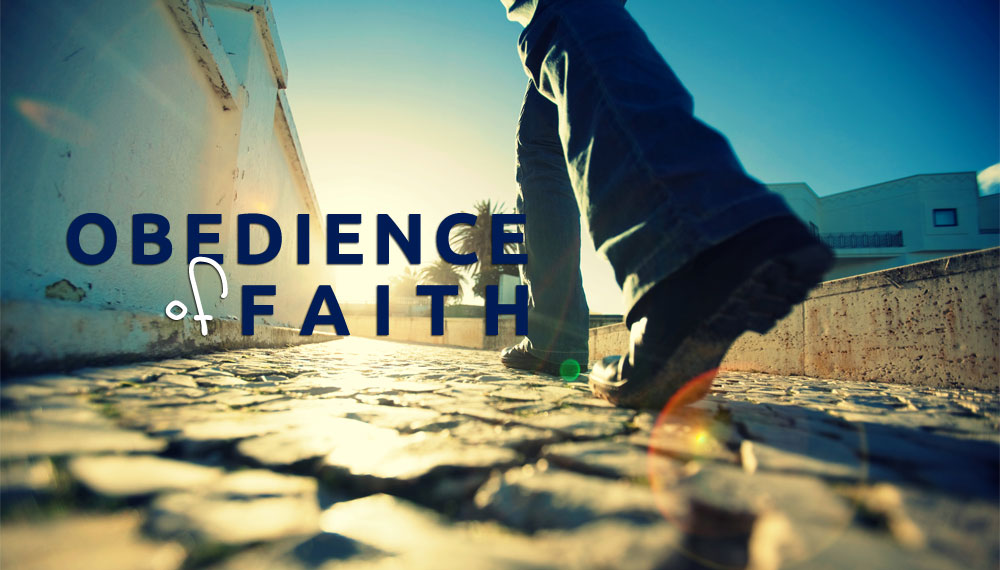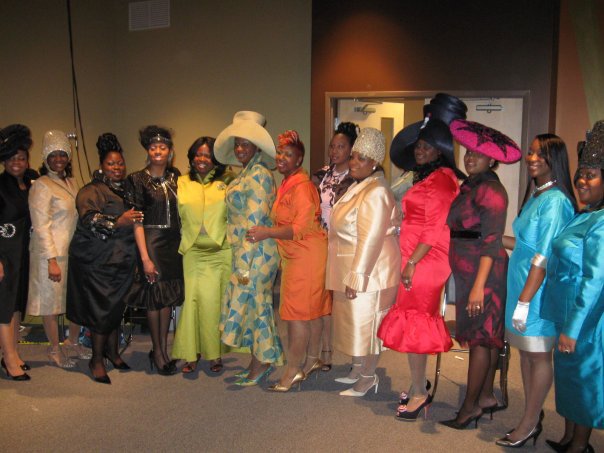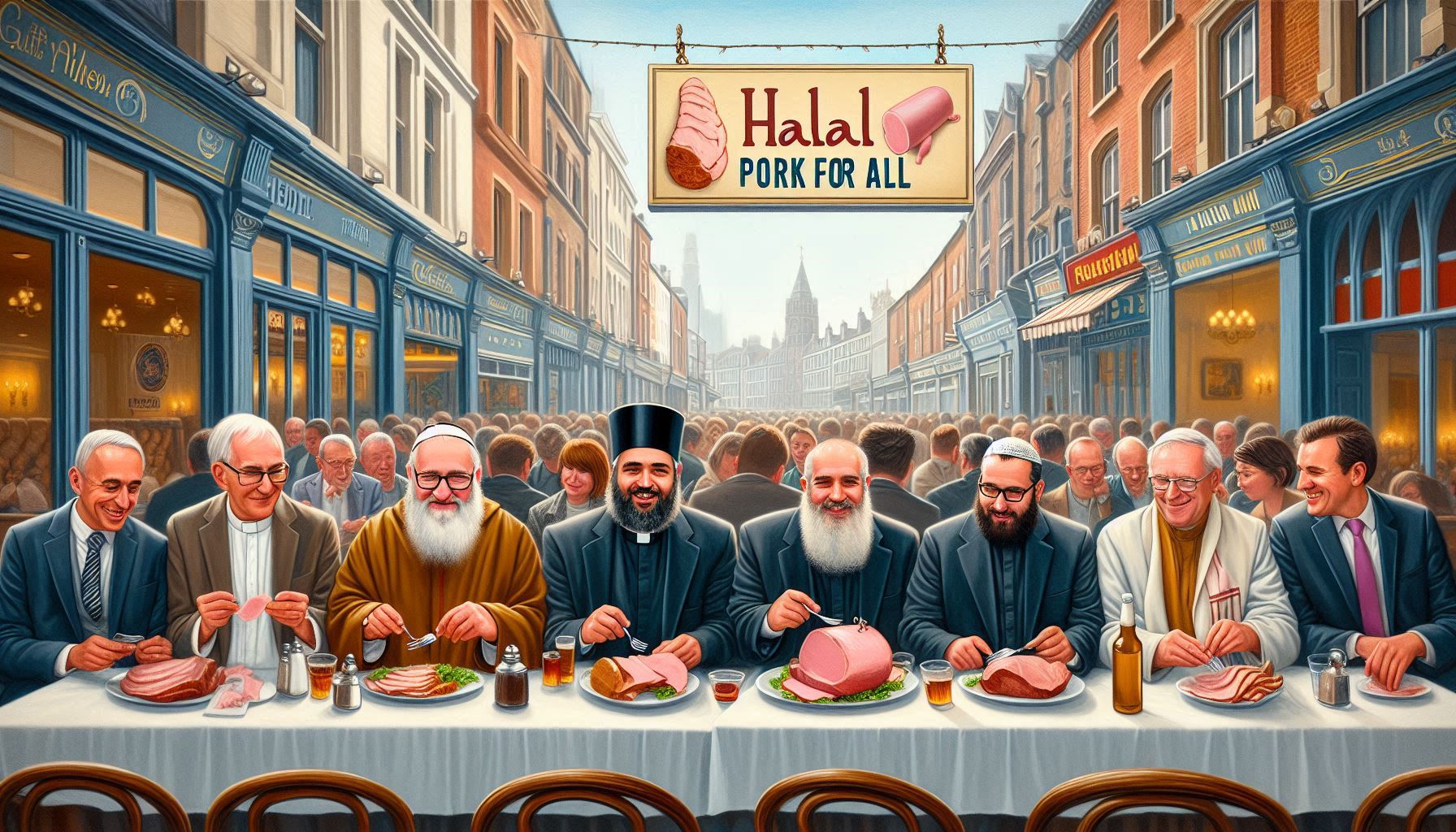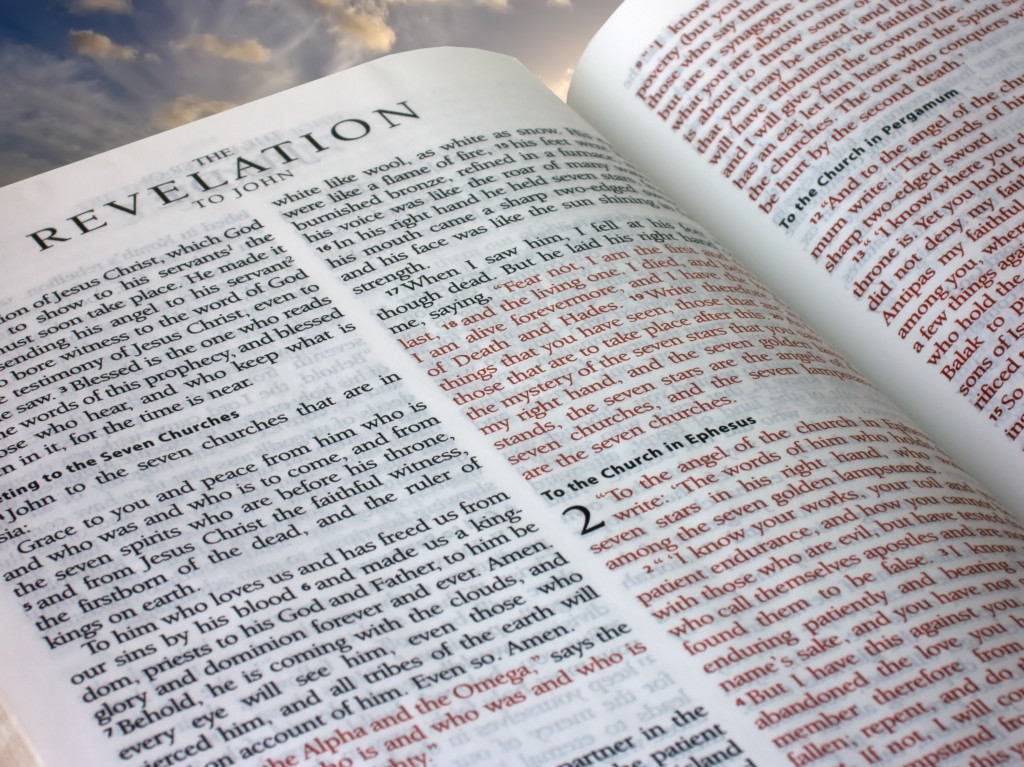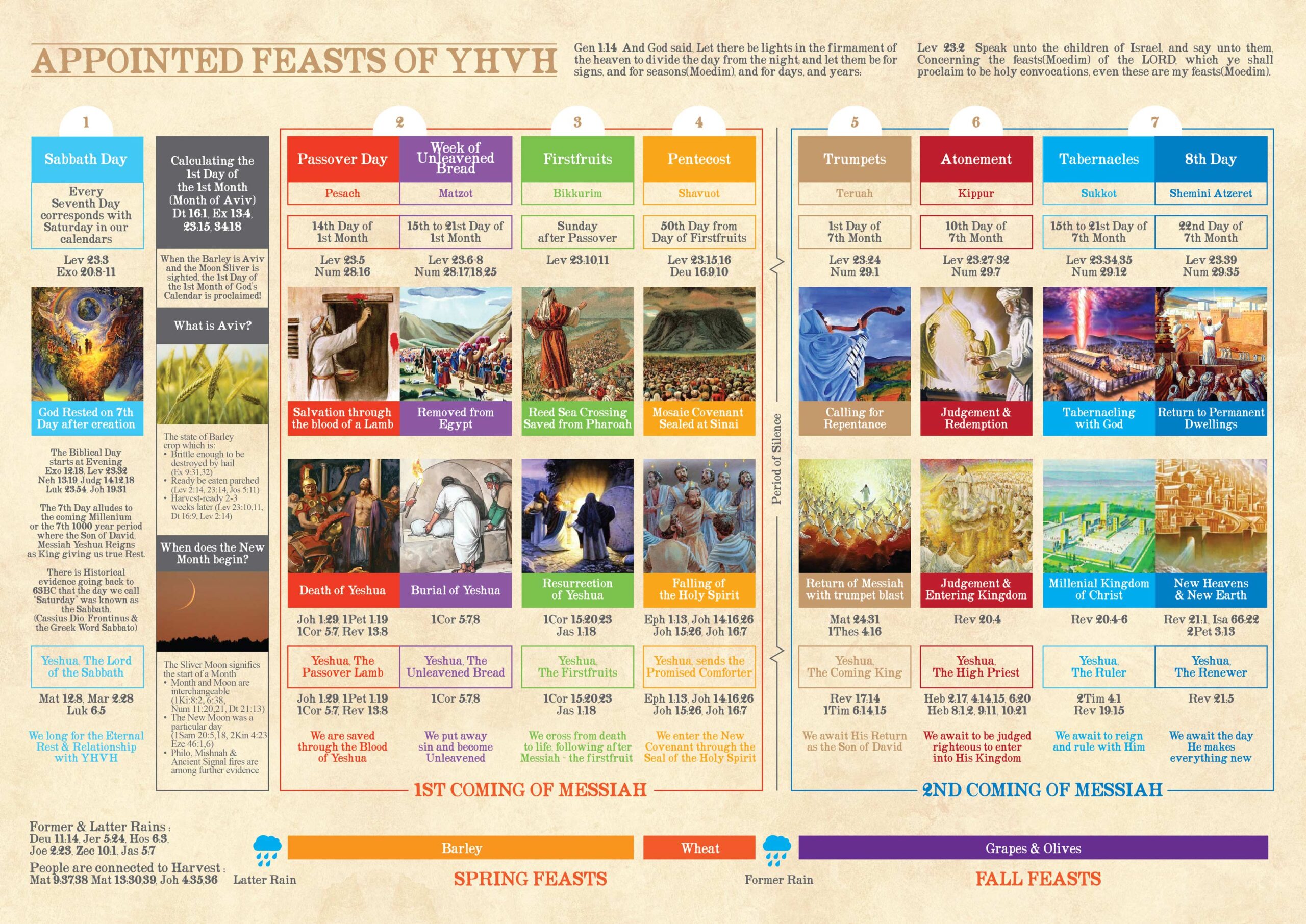Passover – Exodus 12:1-30
The Passover is one of the most important biblical feasts and takes place in the first month of the Hebrew calendar. It commemorates the Israelites’ liberation from slavery in Egypt and their exodus from Egypt as led by Moses. The Passover is celebrated for seven days, with the first and last days being observed as holy convocations.
On the 10th day of of the first month, each household was to select a one-year-old male lamb or goat without blemish to be sacrificed on the 14th day. The blood of the lamb was to be smeared on the doorposts and lintel of each household, and the lamb was to be roasted and eaten with unleavened bread and bitter herbs. This was done in obedience to God’s command so that the Israelites would be spared from the final plague that would strike Egypt, the death of the firstborn.
The Passover meal is a symbolic reminder of God’s deliverance of the Israelites and their redemption from slavery. For disciples of Christ, the Passover also has a deeper significance as it points to Jesus Christ as the ultimate Passover lamb, whose blood was shed for the forgiveness of sins (1 Corinthians 5:7). Jesus celebrated the Passover with His disciples before His crucifixion and instructed them to remember His sacrifice through the bread and wine of the Lord’s Supper (Matthew 26:17-30; 1 Corinthians 11:23-26).
Feast of Unleavened Bread – Exodus 12:15-20, Leviticus 23:6-8
The Feast of Unleavened Bread is a seven-day celebration that begins on the day after Passover and lasts until the 21st day of the first month. During this time, the Israelites were to eat only unleavened bread and remove all leaven from their homes. The removal of leaven symbolized the removal of sin and impurity from their lives.
The origins of the Feast of Unleavened Bread are closely tied to the Passover, as the Israelites were in such haste to leave Egypt that they did not have time to allow their bread to rise (Exodus 12:39). Therefore, the Israelites ate unleavened bread during their journey to the Promised Land.
For disciples of Christ, the Feast of Unleavened Bread is a reminder of the need to remove sin and impurities from our lives, and to walk in righteousness and holiness. The New Testament teaches that Jesus is the sinless, unleavened bread of life (John 6:35), and that we are called to live lives that are free from the leaven of malice and wickedness (1 Corinthians 5:6-8).
Feast of Firstfruits – Leviticus 23:9-14
The Feast of Firstfruits is a festival that is observed on the day after the Sabbath that occurs during the Feast of Unleavened Bread. This typically falls on the Sunday after Passover. It was a celebration of the barley harvest and the offering of the first fruits to God.
The Israelites were instructed to bring a sheaf of the first grain that was harvested to the priest, who would then wave it before the Lord as a symbol of dedication and gratitude. This was followed by the offering of a male lamb as a burnt offering and a grain offering of fine flour mixed with oil and frankincense.
For disciples of Christ, the Feast of Firstfruits is significant as it points to the resurrection of Jesus Christ. Paul refers to Jesus as the “firstfruits” of those who have died (1 Corinthians 15:20-23). Just as the first sheaf of barley was presented to God as a symbol of the coming harvest, so too was Jesus presented to God as the first of a great harvest of souls who would be raised from the dead. This festival is a reminder of the hope and promise of resurrection and new life in Christ.
Feast of Weeks / Pentecost – Exodus 34:22, Leviticus 23:15-22, Deuteronomy 16:9-12, Acts 2:1-41
The Feast of Weeks, also known as Pentecost, is observed on the fiftieth day after the Feast of Firstfruits, which typically falls in late May or early June. It was originally a harvest festival, during which the Israelites offered the firstfruits of their wheat harvest to God.
In addition to this agricultural significance, the Feast of Weeks also commemorates the giving of the Law to Moses on Mount Sinai. According to tradition, it was on this day that the Israelites received the Ten Commandments and entered into a covenant relationship with God.
The Feast of Weeks was observed by a sacred assembly and the offering of sacrifices, including two loaves of bread made with leaven, which were waved before the Lord as a symbol of the firstfruits of the wheat harvest.
For disciples of Christ, Pentecost has great significance as it marks the coming of the Holy Spirit upon the apostles and the birth of the Christian Church. In Acts 2, the disciples were gathered together in Jerusalem to observe the Feast of Weeks, when suddenly the Holy Spirit descended upon them in the form of tongues of fire. They began speaking in different languages, and Peter preached a sermon in which he declared that this was the fulfillment of the prophecy of Joel, who had foretold the pouring out of the Spirit upon all people.
This event marked the beginning of a new era in the history of God’s people, in which the Holy Spirit would empower believers to share the good news of salvation in Jesus Christ and to live holy lives. For disciples of Christ, Pentecost is a celebration of the gift of the Holy Spirit and the ongoing work of God in the world through his Church.
Feast of Trumpets – Leviticus 23:23-25, Numbers 29:1-6
The Feast of Trumpets, is observed on the first day of the seventh month, which typically falls in September or October. It is a solemn day of reflection and repentance, marking the beginning of the ten-day period of introspection known as the Days of Awe, which culminate in the Day of Atonement.
On the Feast of Trumpets, the Israelites were instructed to observe a sacred assembly and to blow trumpets as a call to repentance and dedication to God. The sound of the trumpets was also a reminder of the coming Day of Judgment and the need to prepare oneself for that day.
For disciples of Christ, the Feast of Trumpets has a prophetic significance, as it is believed to foreshadow the Second Coming of Jesus Christ. The sound of the trumpet is associated with the voice of God, and the blowing of the trumpet is seen as a call to attention and a signal of the imminent return of Christ.
In the New Testament, Paul describes the coming of Christ as being accompanied by the sound of a trumpet (1 Corinthians 15:52; 1 Thessalonians 4:16), and the book of Revelation speaks of seven trumpets that will be sounded in the last days as a prelude to the final judgment (Revelation 8:2-11:19).
For disciples of Christ, the Feast of Trumpets is a reminder of the need to be watchful and prepared for the coming of the Lord, and to live each day in light of the reality of his imminent return. It is also a time to reflect on one’s own life and to repent of any sins or shortcomings, in preparation for the Day of Atonement.
Day of Atonement – Leviticus 16, 23:26-32, Numbers 29:7-11
The Day of Atonement, also known as Yom Kippur, is the holiest day of the Jewish calendar, observed on the tenth day of the seventh month. It is a day of fasting and repentance, when the Israelites would seek forgiveness for their sins and make atonement for the sins of the nation.
On the Day of Atonement, the high priest would enter the Most Holy Place of the tabernacle or temple, and offer sacrifices for his own sins and for the sins of the people. He would sprinkle the blood of the sacrifice on the mercy seat of the Ark of the Covenant, symbolizing the atonement for sin and the reconciliation between God and his people.
For disciples of Christ, the Day of Atonement is seen as a foreshadowing of the sacrifice of Jesus Christ, who offered himself as the ultimate atonement for the sins of the world. In the New Testament, the book of Hebrews describes Jesus as the great High Priest who entered the heavenly tabernacle with his own blood, obtaining eternal redemption for his people (Hebrews 9:11-14, 10:19-22).
For disciples of Christ, the Day of Atonement is a reminder of the need for repentance and forgiveness, and the reality of sin and its consequences. It is also a time to reflect on the sacrifice of Christ and the mercy and grace of God, who offers forgiveness and redemption to all who turn to him in faith. As the book of Hebrews exhorts, “Let us then approach God’s throne of grace with confidence, so that we may receive mercy and find grace to help us in our time of need” (Hebrews 4:16).
Feast of Tabernacles – Leviticus 23:33-43, Deuteronomy 16:13-15, Zechariah 14:16-19
The Feast of Tabernacles, also known as the Feast of Booths, is a seven-day festival that begins on the fifteenth day of the seventh month. It is a time of rejoicing and thanksgiving, commemorating the Israelites’ journey through the wilderness and the harvest season.
During the Feast of Tabernacles, disciples of Christ are encouraged to dwell in temporary shelters, or sukkahs, to remember the Israelites’ experience of living in tents in the wilderness. The sukkah is decorated with fruits and foliage, symbolizing the abundance of the harvest and the goodness of God.
The Feast of Tabernacles also involves offerings and sacrifices in the temple, including the pouring of water and the lighting of lamps, as well as festive meals and celebrations. The final day of the festival, known as Hoshana Rabbah, is marked by a solemn ceremony of beating willow branches, symbolizing repentance and the final judgment.
For disciples of Christ, the Feast of Tabernacles is seen as a foreshadowing of the ultimate harvest and the final dwelling with God in the new heavens and new earth. In the book of Revelation, the apostle John sees a vision of the great multitude of believers from every nation, tribe, people, and language standing before the throne of God and the Lamb, holding palm branches and crying out, “Salvation belongs to our God, who sits on the throne, and to the Lamb!” (Revelation 7:9-10).
For disciples of Christ, the Feast of Tabernacles is a time to reflect on the goodness and provision of God, to remember the temporary nature of this life and the hope of eternal life, and to anticipate the ultimate fulfillment of God’s promises in the coming kingdom of God. As Jesus said, “Blessed are those who hunger and thirst for righteousness, for they will be filled” (Matthew 5:6).


